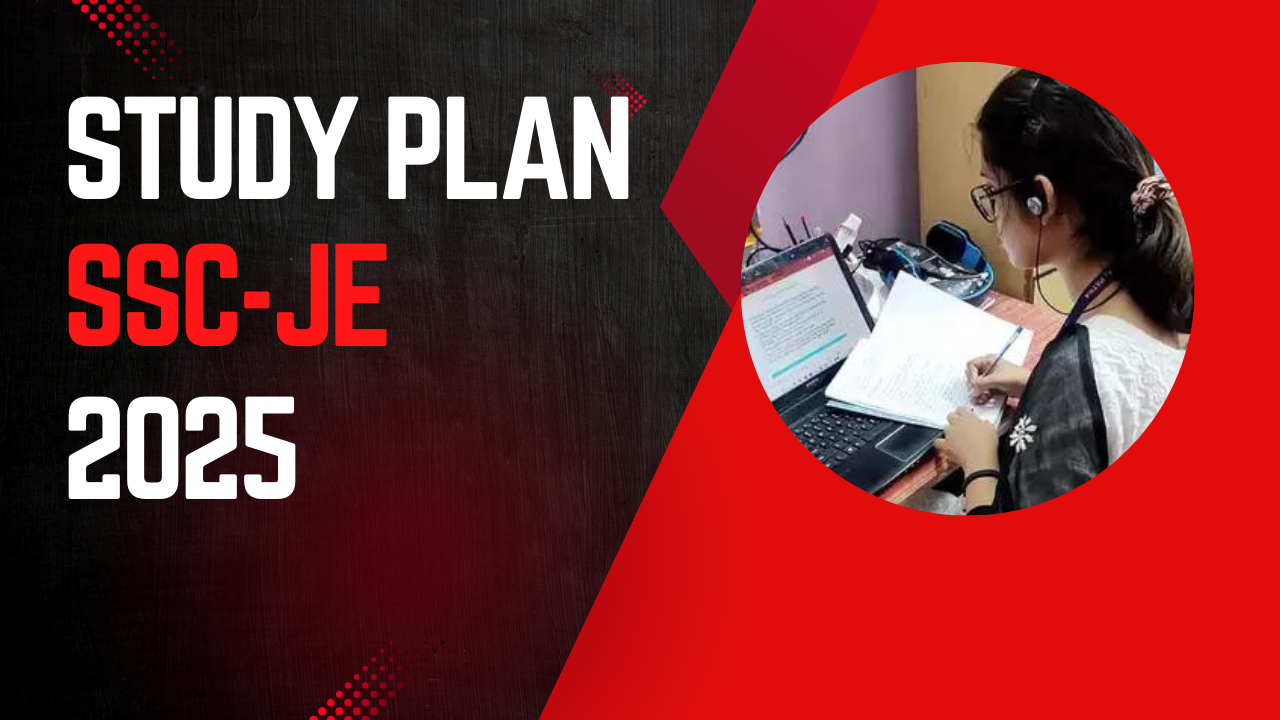Preparing for the Staff Selection Commission Junior Engineer (SSC JE) examination can be a rewarding yet challenging journey. To maximize your chances of success, a strategic approach that includes a thorough analysis of the syllabus, understanding fundamental subjects, and effective preparation techniques is crucial. This article will guide you through the essential steps to start your SSC JE preparation.
Understand the SSC JE Syllabus
The first and foremost step in your SSC JE preparation is to thoroughly analyze the recent SSC JE syllabus. Understanding the syllabus helps you identify the topics you need to focus on and allocate your study time effectively. The SSC JE examination consists of two papers:
- Paper-I: This is a computer-based test that covers General Intelligence & Reasoning, General Awareness, and General Engineering (Civil, Mechanical, Electrical).
- Paper-II: This is a written test that evaluates your technical knowledge in your respective engineering stream (Civil, Mechanical, Electrical).
Fundamental Subjects in Engineering
The SSC JE examination tests your basics in technical subjects, so it’s important to have a strong foundation in the core subjects of your engineering discipline. Here’s a brief overview of the fundamental subjects you need to focus on based on your stream:
Civil Engineering
- Engineering Mechanics: Understanding the principles of forces, moments, and their applications.
- Strength of Materials: Studying the behavior of materials under different types of loads.
- Structural Engineering: Learning about the design and analysis of structures.
- Fluid Mechanics: Exploring the properties and behavior of fluids at rest and in motion.
- Irrigation Engineering: Understanding the methods and importance of irrigation.
Mechanical Engineering
- Engineering Mechanics: Basics of force systems and their applications.
- Strength of Materials: Analyzing material behavior under various loading conditions.
- Hydraulics & Fluid Mechanics: Studying fluid properties and fluid dynamics.
- Theory of Machines: Understanding the kinematics and dynamics of machines.
Electrical Engineering
- Network Theorems: Learning the principles of electrical networks and their applications.
- Circuit Theory: Analyzing electrical circuits and their behavior.
- Control Systems: Understanding the basics of control theory and system stability.
- Electrical Machines: Studying the operation and characteristics of electrical machines.
- Power Systems: Exploring the generation, transmission, and distribution of electrical power.
Collecting the Right Study Resources
Choosing the right study materials is critical for effective preparation. Look for books, booklets, and online resources that explain concepts in a simple and comprehensive manner. Some popular books for SSC JE preparation include:
- For Civil Engineering: “Civil Engineering: Conventional and Objective Type” by R.S. Khurmi and J.K. Gupta.
- For Mechanical Engineering: “Mechanical Engineering: Conventional and Objective Types” by R.S. Khurmi and J.K. Gupta.
- For Electrical Engineering: “Objective Electrical Technology” by V.K. Mehta and Rohit Mehta.
Additionally, refer to previous years’ question papers and standard reference books to get a better understanding of the exam pattern and difficulty level.
Practice and Mock Tests
Practice is the key to success in competitive exams. Regularly solve practice questions related to your subjects and take mock tests to assess your preparation level. Make sure the questions you practice are aligned with the recent SSC JE examination pattern.
Since the SSC JE Paper-I is a computer-based test, practicing on an online platform with similar functionalities will help you get comfortable with the exam format. Focus on improving your speed and accuracy.
Balancing Paper-I and Paper-II Preparation
Both Paper-I and Paper-II are equally important as the final selection is based on the combined score. Allocate sufficient time to prepare for both papers. While Paper-I focuses on general topics and engineering basics, Paper-II delves deeper into technical subjects. Ensure you have a balanced preparation strategy to score well in both papers.
Stay Positive and Seek Guidance
Maintaining a positive attitude throughout your preparation journey is crucial. Stay motivated and confident in your abilities. If possible, seek guidance from experienced mentors or join coaching classes that specialize in SSC JE preparation. Expert mentors can provide valuable insights and strategies to enhance your preparation.
Preparing for the SSC JE examination requires a systematic and disciplined approach. By analyzing the syllabus, focusing on fundamental subjects, using the right study resources, practicing regularly, and maintaining a positive attitude, you can significantly increase your chances of success. Remember, consistent effort and dedication are the keys to cracking the SSC JE examination.


